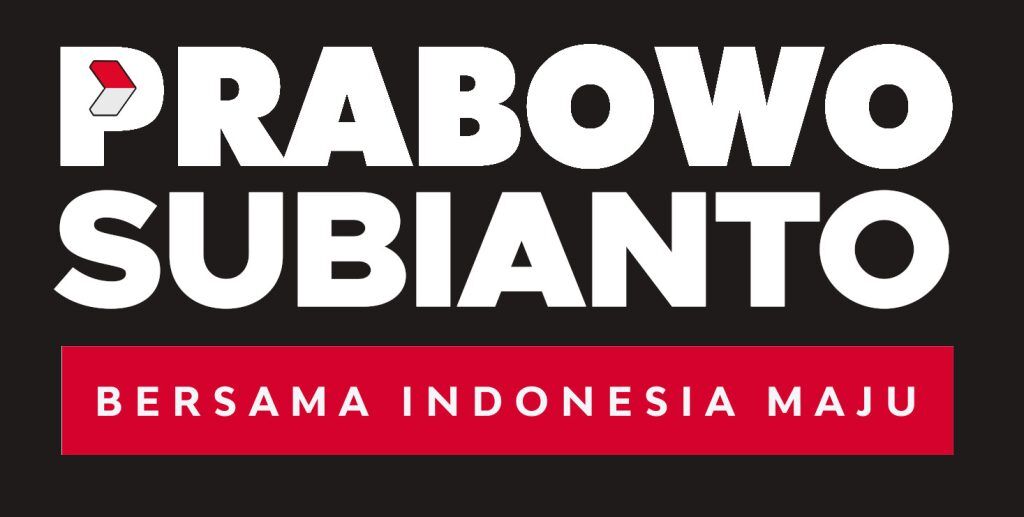By: Prabowo Subianto [excerpted from “National Transformation Strategy: Towards Golden Indonesia 2045,” pages 157-158, 4th softcover edition]
Stunting, or failure to grow according to the normal growth curve, is an urgent issue that the government must address directly. If an Indonesian child is stunted, it becomes challenging for them to excel in their productive years.
Under President Jokowi’s era, the stunting program is directly overseen by Vice President Ma’ruf Amin. Currently, the national stunting rate has decreased from 37% in 2014 to 21% in 2022. A 16% reduction over eight years is a commendable achievement.
Under the direct supervision of the Vice President, nutritional support has been provided to 21 million families at risk of stunting. For instance, in 2023, there was a distribution of chickens and eggs to stunting-prone families in provinces with the highest numbers of such families.
However, a 21% stunting rate is still too high. If the young population of Indonesia is 100 million, it means 21 million individuals have failed to grow properly. This means 21 million people struggle to reach their life potential, to process information effectively, to learn and perform well in school and at work. It’s not impossible, but it’s difficult.
In developed countries, the stunting rate is 3% or less. In Norway, Sweden, the Netherlands, Austria, and Belgium, the rate is 2%. Stunting still occurs in these countries, but it’s generally not due to a lack of food or nutrition but because of being born into a non-conducive household environment for growth.
Learning from other countries, we need to expand efforts to eradicate stunting by providing daily lunches to preschool, elementary (SD), junior high (SMP), high school (SMA) students, and Islamic boarding school (pesantren) students. Nutritional support should also be provided to pregnant mothers and toddlers across Indonesia to improve health and assist family economies.
Such programs have been implemented in many countries. In India, for example, the Supreme Court mandated free school lunch programs in 2005, which must be carried out by whoever is the Prime Minister.
Countries that have implemented these programs have seen significant reductions in stunting rates. Additionally, student attendance and academic achievements in schools have increased. School becomes enjoyable – lunchtime becomes a time children eagerly anticipate.
Parents are also relieved, as they don’t need to prepare meals for their children. They no longer worry about whether their children are eating healthy at school. The state provides the lunch.









